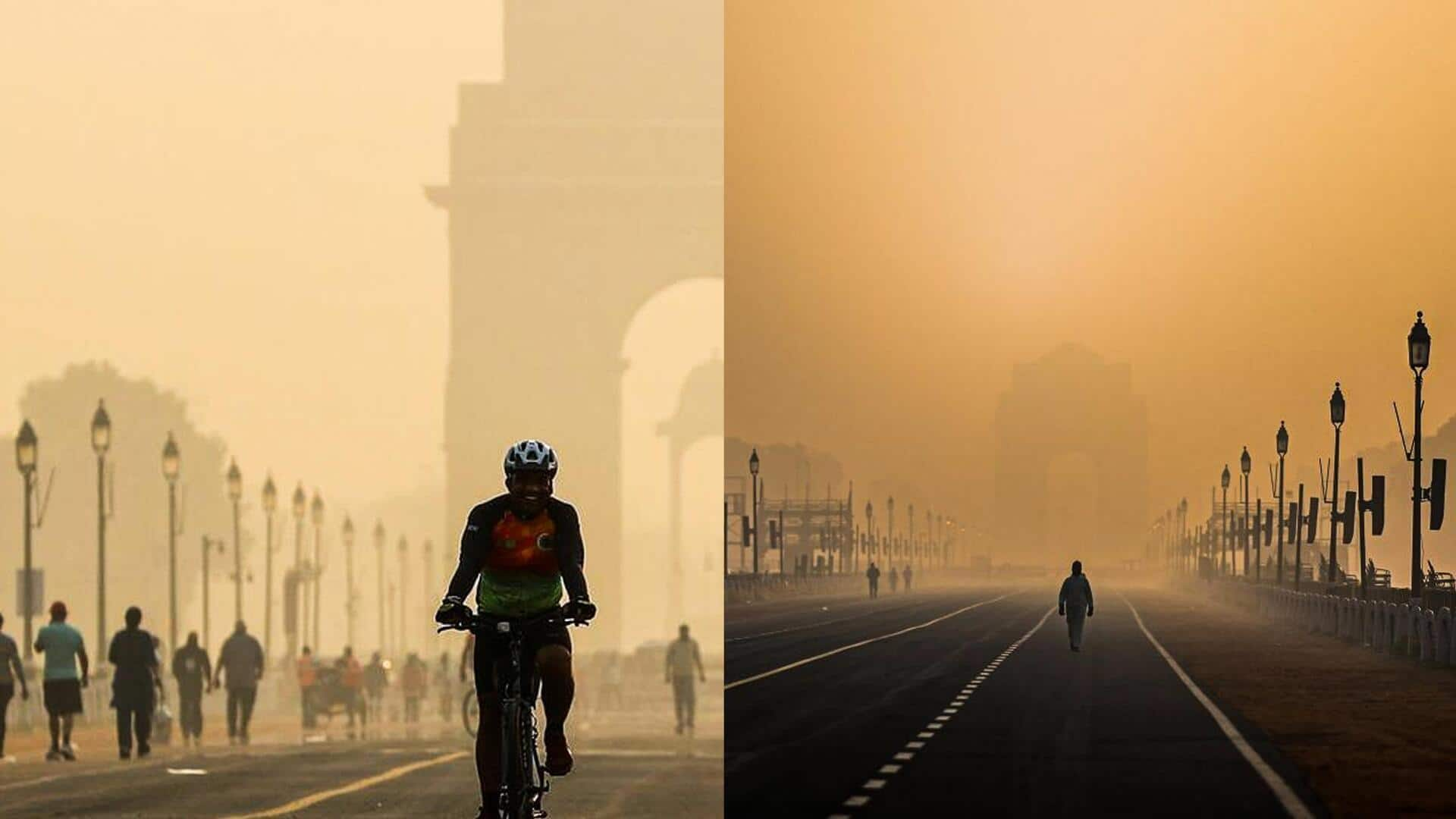
How GRAP-4 anti-pollution restrictions may affect major Delhi projects
What's the story
Delhi's air quality has turned alarming, with the AQI touching a "severe plus" level of 481 at 6:00am on Monday. The government has activated Stage 4 of the Graded Response Action Plan (GRAP). The India Meteorological Department also issued an "orange" alert as dense fog reduced visibility to only 150 meters.
Construction halt
GRAP-4 restrictions halt construction, impact transportation
Under the GRAP-4 guidelines, construction and demolition activities are prohibited. This includes public projects such as highways, roads, flyovers, overbridges, power transmission and pipelines. Major projects affected by these restrictions include underpasses at Mukarba Chowk and Haiderpur Metro Road, and the Barapula Elevated Corridor Phase-3. Besides, the construction of four new hospitals across Delhi will also face delays due to these measures.
School and office restrictions
GRAP-4 guidelines impact schools and offices
Along with construction bans, the GRAP-4 guidelines also restrict transportation and work environments. Delhi-registered Bharat Stage IV or older diesel medium and heavy goods vehicles are banned under these measures. Trucks and light commercial vehicles from outside Delhi are prohibited unless they are carrying essential goods or services. Schools have moved online except for Classes 10 and 12, while offices are advised to function at 50% capacity with the rest working from home.
Potential measures
Further measures under consideration by CAQM
The Commission for Air Quality Management (CAQM) is also mulling additional measures to tackle the pollution crisis. These may involve shutting down non-essential commercial activities and an odd-even vehicle scheme. Citizens are advised to remain indoors, particularly vulnerable groups such as children and the elderly. To ease road congestion, Delhi Metro is operating additional trips and the government is encouraging citizens to carpool and use public transport.